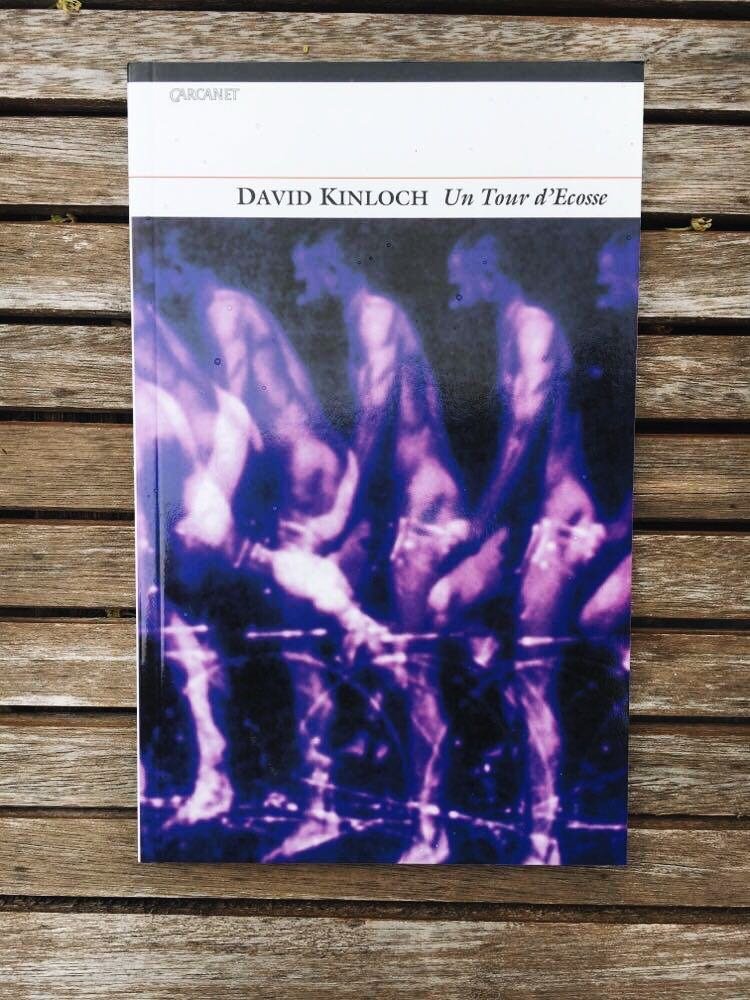
Books & Pamphlets

Greengown: New & Selected Poems
Greengown is David Kinloch’s fifth Carcanet collection. It includes a distillation of his earlier work, as well as new poems that approach a range of subjects including the fall of Isis, the recent pandemic, and love and friendship in an age of climate change…

Iggleheim’s Ark
‘Once, there was a German Count called Iggleheim. An enlightened soul, who loved beauty above all else, he became alarmed when he heard about a prophecy predicting that a limitless flood would engulf the world on 20th February, 1524…’

In Search of Dustie-Fute (2017)
Kinloch offers a bestiary of forgotten voices, spanning apocalypse and salvage, elegy and humour. Mythic and erotic, his poems engage ecological disaster, LGBT art and politics, and that great resistance movement, love.

Some Women (2014)
In this pamphlet, the women of the Bible speak their minds, and their voices are variously amused, indignant, wounded, outraged, irreverent and awestruck. What they are not is well-behaved. Or especially polite.

Finger of a Frenchman (2011)
A collection which explores looking, and writing about looking: Kinloch’s poems are portraits of artists and reflections on art through five centuries of the artistic bond between Scotland and France.

In My Father’s House (2005)
From a quick-tempered singing grandmother to a performance of The Mikado in an African village, David Kinloch’s exploration of his relationship with his father is both unexpected and affectionate.

Un Tour d’Ecosse (2001)
Kinloch’s second collection offers an extended sequence which features a fantasy bicycle race around Scotland modelled on the Tour de France. From Sauchiehall Street to Carradale, Dunkeld to the Orkneys, here is Scotland as it has never been seen before.

Paris Forfar (1994)
Mixing Scots and English, verse lyrics with prose poems, David Kinloch’s poetry explores with brio areas of sexual and linguistic marginality, suggesting the strange and haunting links between them.

The Thought and Art of Joseph Joubert (1992)
A study that rescues the notebook writer, Joubert, from his habitual role as a French ‘moraliste’ and makes a case for him as a serious thinker about aesthetics well in advance of his time.

Dustie-Fute (1992)
‘Dustie-fute’: a hawker, a vagrant, a minstrel. This debut pamphlet is Dustie-fute’s first incarnation. Published by Richard Price and Leona Medlin’s Vennel Press in 1992, it is no longer in print.
